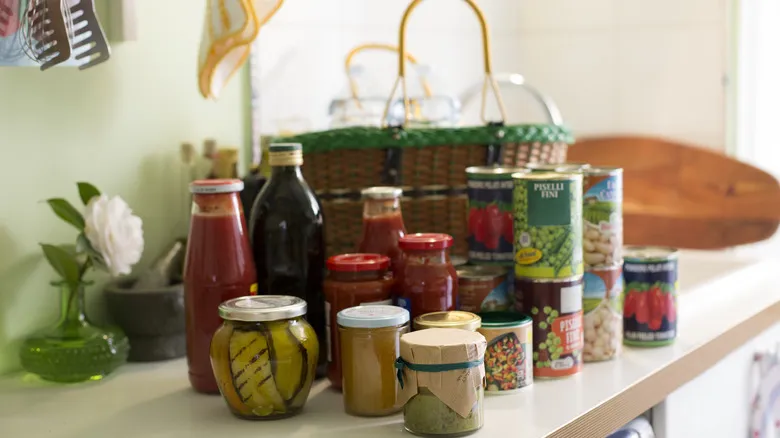Handle cans with a little TLC
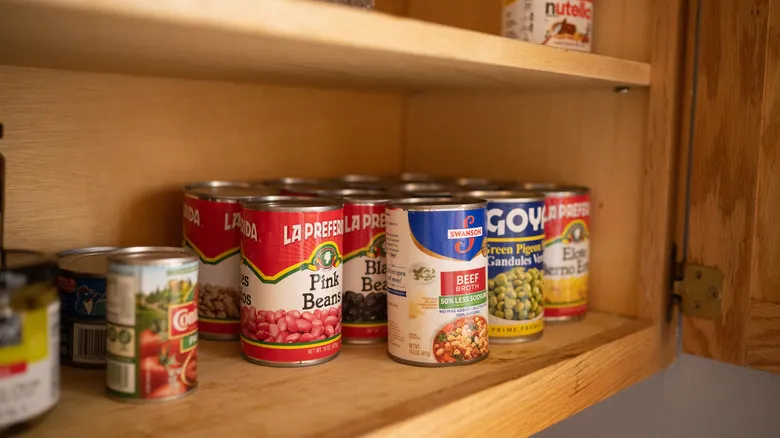
If you've ever been advised to avoid dented or damaged cans, whether from grocery store shelves or lurking in the back of your pantry, this isn't just an old wives' tale — there's a valid reason behind it. While cans often find themselves at the bottom of heavy grocery bags or stacked away in pantries, there is a limit to the weight they can endure. The key guideline for storing canned goods in your pantry is to never stack them more than two cans high; exceeding this can lead to the relatively delicate metal becoming bent or crushed. When this occurs, air may enter the can, increasing the risk of botulism — a term that sounds alarming for good reason.
Botulism is the most significant food safety risk associated with canned foods and can arise from any improperly sealed or damaged can. According to the USDA, even a small amount of this toxin can have fatal consequences. If you ever question the safety of a canned food item, it's best to discard it — while botulism is uncommon, the risk is not worth taking. To prevent this issue, ensure you stack and store your cans properly, avoiding excessive layers or heavy items on top, and handle them with care.
Avoid temperature fluctuations & check expiration dates
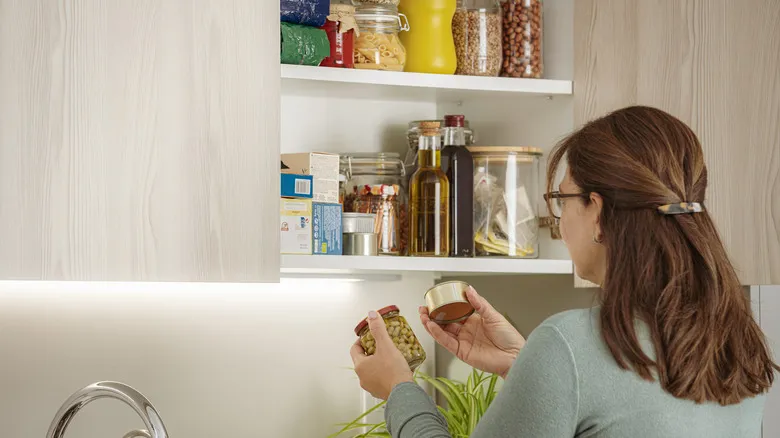
The ideal location for your collection of canned legumes, vegetables, and soups is a dark shelf in your pantry, where they will experience minimal fluctuations in light and temperature. Avoid storing your canned goods in the garage or on a chilly attic floor if possible, as these environments can lead to temperature variations and moisture exposure, which may cause cans to rust and deteriorate. Temperature fluctuations, whether from freezing cold or excessive heat, are detrimental to the longevity of canned foods. Freezing temperatures can also lead to rust or breakage in jars, allowing air and potential bacteria to enter, while extreme heat can spoil canned food more quickly and diminish its nutritional value.
Always pay attention to expiration dates, and for homemade canned items, be sure to label the date they were canned so you can monitor when it's time to discard them. By following these storage guidelines and being mindful of which canned foods to keep stocked in your pantry, you'll ensure that you have a sufficient supply of emergency provisions—whether for inclement weather, natural disasters, or simply when the urge for rice and beans or a comforting bowl of tomato soup arises.
Recommended
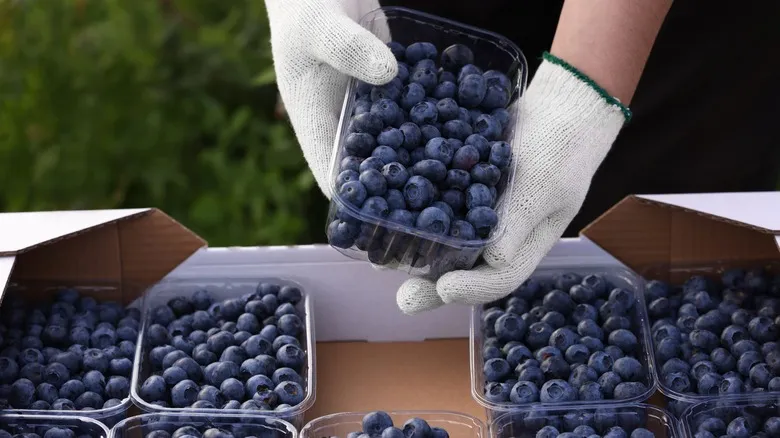
Choose The Tastiest Pint Of Blueberries At The Store With A Few Simple Tips

How To Store Grapes So They Last For Weeks
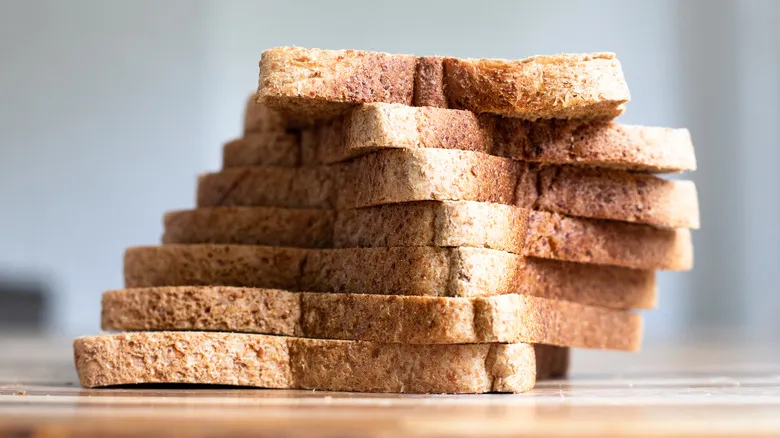
How To Tell If Your Bread Is About To Go Bad
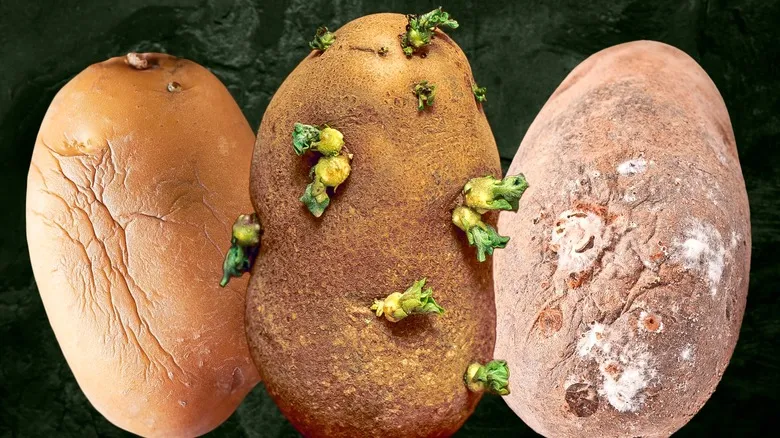
9 Tell-Tale Signs Your Potatoes Have Gone Bad
Next up

